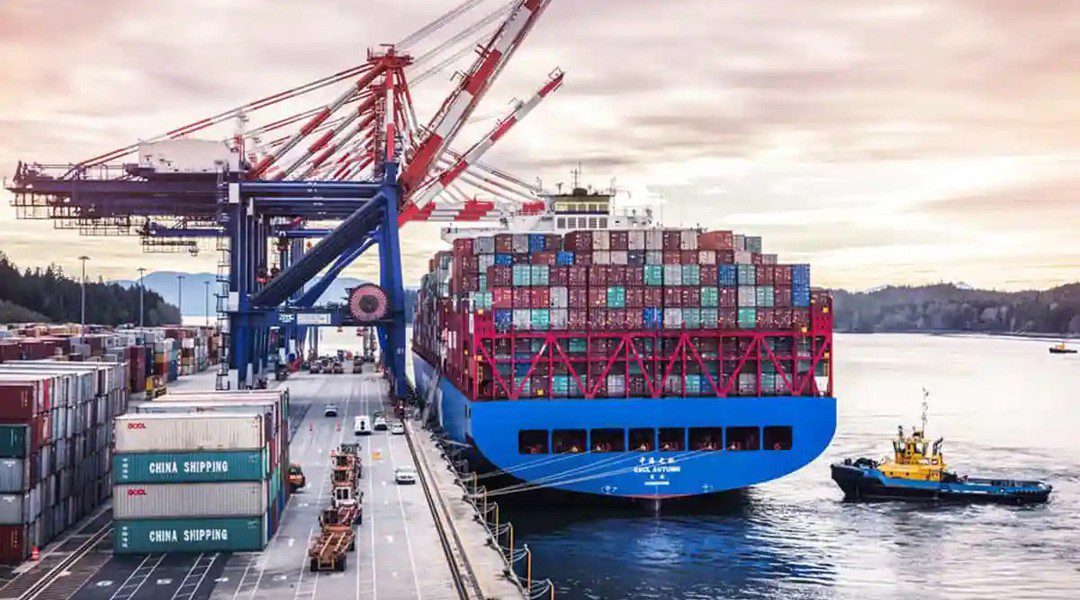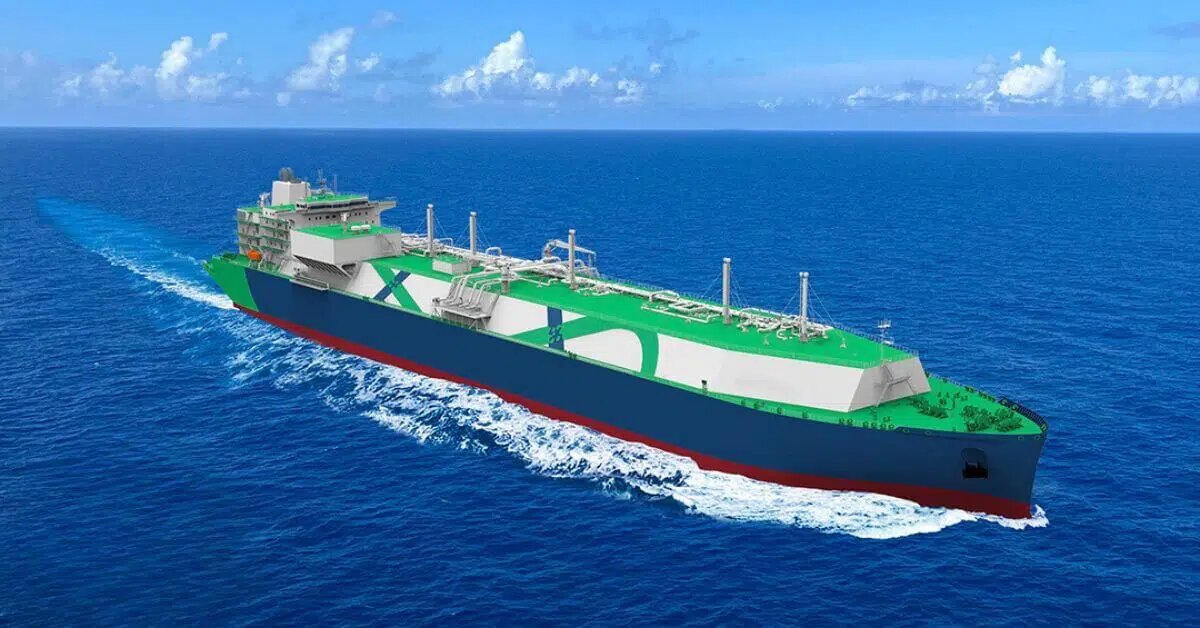Aysu Gürgan shares her experiences from the challenging front of ship brokerage and offers advice on how to adapt to a rapidly changing world, as Europort 2025 focuses on initiatives, innovations, and strategies that can help overcome the many challenges faced by the maritime industries.
What attracted you to the maritime sector and how did you get started?
The maritime sector has always fascinated me, and I had the privilege of studying Maritime Business and Management at the most prestigious university in Turkey. I had a vision of what I wanted to do – to have my own business – and I was able to set goals at school that suited my nature. I believe that matching the academy with your interests and strengths is a way to guarantee a successful career, as the pressure and the feeling that it’s work disappears and the work starts to feel like a hobby, to a degree.
For the last few years, there has been a sector-wide effort focused on attracting the new generation. What else should your sector do to attract new talent?
To work with young people, you need to understand them. This is the hardest part, because they grew up in a world different from previous generations. For example, computer skills used to be seen as a bonus in the digital age, these skills need to be second nature. Without understanding what the new generation is capable of and what their expectations are, it is impossible to motivate them and help them find their place. Younger generations were raised more individually even compared to our generation, which causes them to find teamwork more difficult in some cases – I don’t blame them in any way, but we must learn how to embrace their fierce independence and be open to new ideas. They grew up under challenging circumstances, and COVID is just the most recent example of these.
The world is a different place now, but the new generation also has the desire and ability to see the big picture. They are aware of their strengths and are willing to develop them further. If you position them well, they will rise and shine, but there is no point in trying to fit a square peg into a round hole. The social aspect of shipping and the opportunity to travel the world is motivating, but we may need to accept that their career expectations have changed and they want a better work-life balance.
What was the best advice you were given over the years, and what would you advise to someone considering a career in our industry?
“Money does not build reputation, but reputation helps you build an empire.” Those who choose this sector solely for a good income will probably feel like well-paid slaves. This is a sector that requires real love and dedication.
What do you think is the biggest challenge the industry is currently facing, when it comes to the ship brokerage business? How can this challenge be overcome?
One of the biggest challenges is that there are currently conflicts spanning more than three continents and, in many cases, a sanctions regime that we have to adapt to and comply with, which comes overnight. As a result, the nature of our business is very different from what we were used to before, and we have had to find other ways to overcome the challenges.
I have found that sometimes overcoming a situation is about looking at it from a different perspective and with an open mind, rather than trying to change the situation.
What is the most interesting /trend you have seen in the last 12 months and what will be its impact on the wider sector?
One development to watch will be how Chinese shipowners develop their expansion strategies, as this could have a major impact on the world economy more than on shipping itself.
The US decision to impose significant port fees and service charges on Chinese-built vessels and operators had an immediate impact on the freight market. As a result, /operated vessels may become less attractive options for cargo exported to the US. However, I believe that US manufacturers and exporters will ultimately pay with freight rates high enough to create a disadvantage in the global market.
From what we have seen in recent years, Chinese interests are acting according to the precautionary principle: they are reducing their risks for worst-case scenarios. In the current climate, we see the Chinese fleet expanding its operations in other markets – especially in Europe. At the same time, the Chinese fleet is getting younger and its technical performance is continuously improving.
I believe solving complex problems requires collaboration; this is an era where striking the right balance between competition and collaboration is critical.
Finally, new technology, digitalization, and Artificial Intelligence (AI) continue to transform operations and ways of working. What is its impact on ship brokering and chartering?
Those of us who learn to compromise and collaborate with AI will be part of the winning team in this sector. AI is fantastic; it’s a tool we can all benefit from today while using it to collect data for tomorrow. At the same time, everyone is worried about being replaced by AI in the short term, and some are right to be concerned. Low-quality service and tasks requiring less effort will be replaced by AI within a few years. Some companies have already started outsourcing parts of their operations to AI – for example, financial services have been using AI for quite some time.




